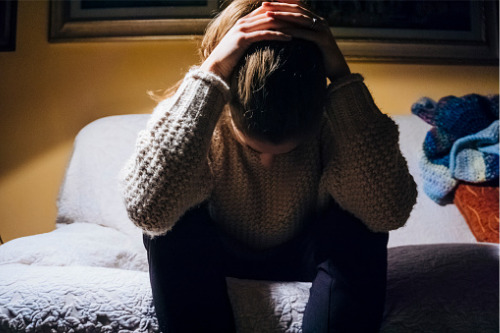

Two in three (65.3%) women have reported experiencing mental health problems during COVID-19 compared to only over half of men (52.1%), according to SuperFriend, an organisation that designs and delivers mental health initiatives to help workplaces thrive.
Last year, TAL's mental health and life insurance report revealed an increase in the number of people accessing mental health services and support and openly discussing mental health. Mental health claims accounted for a larger chunk of claims total than other claim types, with the average amount paid for total permanent disability (TPD) claims caused by mental health nearly 65% higher than other claims.
According to SuperFriend's report, women's personal wellbeing declined significantly more than men during the pandemic (27.5% vs 20.9%) – with women under 25 years the most affected (73.3%).
Women under 25 years have the most experience with mental health conditions as they experienced greater job insecurity than men in the last year (27.1% vs 25.7%). More specifically, more women also ended up working fewer hours than usual, but not by choice (26.7% vs 22.1% for men). More women also found themselves with no paid work in April, twice as much as men (11.3% vs 6.9%).
“The events of 2020 have turned workplaces upside down, but the pandemic has been particularly hard on women. It has intensified the challenges that women already faced, such as balancing paid work and carers' responsibilities, and the emotional toll of financial insecurity, significantly impacting their mental health and wellbeing,” said SuperFriend chief executive officer Margo Lydon.
The pandemic also impacted women's productivity more than men, both positively and negatively. Nearly 25% of women improved their productivity by wearing more comfortable clothes, with 28.5% reporting a productivity boost due to relaxed grooming expectations (both around 10 percentage points higher than men).
However, women's productivity was hindered more than men's due to COVID-specific anxiety and job security concerns, with 20.2% of women reporting a negative impact on their productivity due to family-caring responsibilities compared to 16% of men.
“With homeschooling, heightened care needs of older persons, and stress associated with general living expenses, the pandemic and lockdowns were not experienced equally,” Lydon said.
